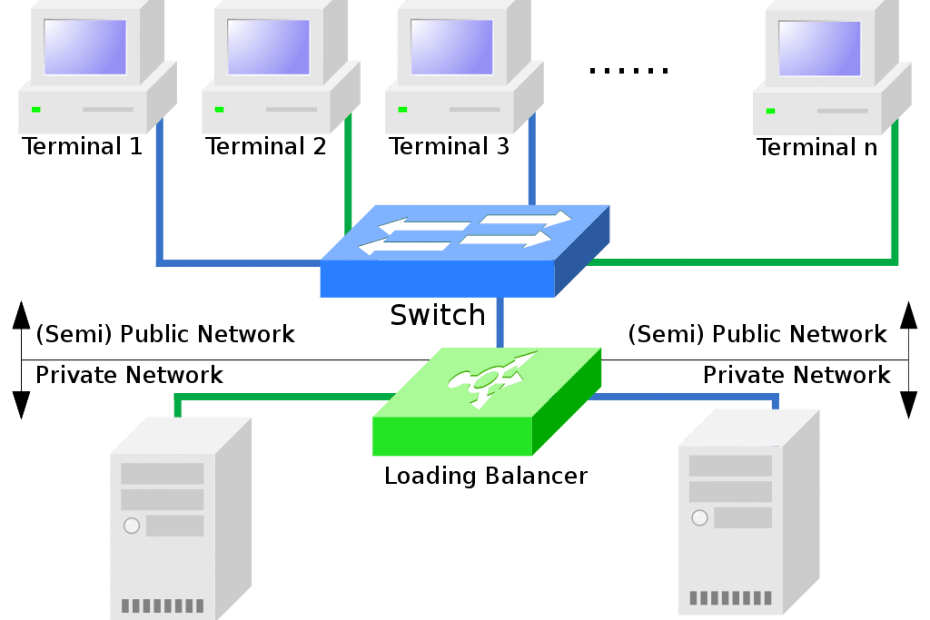The Top 5 Load Balancers for Microservices
For several years, application delivery controllers (ADCs) have been critical in meeting service-level requirements for enterprise applications implemented on-premises or in the cloud. A client communicating with a microservices-based app does not have to know about the occurrences that are supporting it to scale the client and microservices independently of each other. It is exactly the type of decoupling provided… Continue readingThe Top 5 Load Balancers for Microservices









